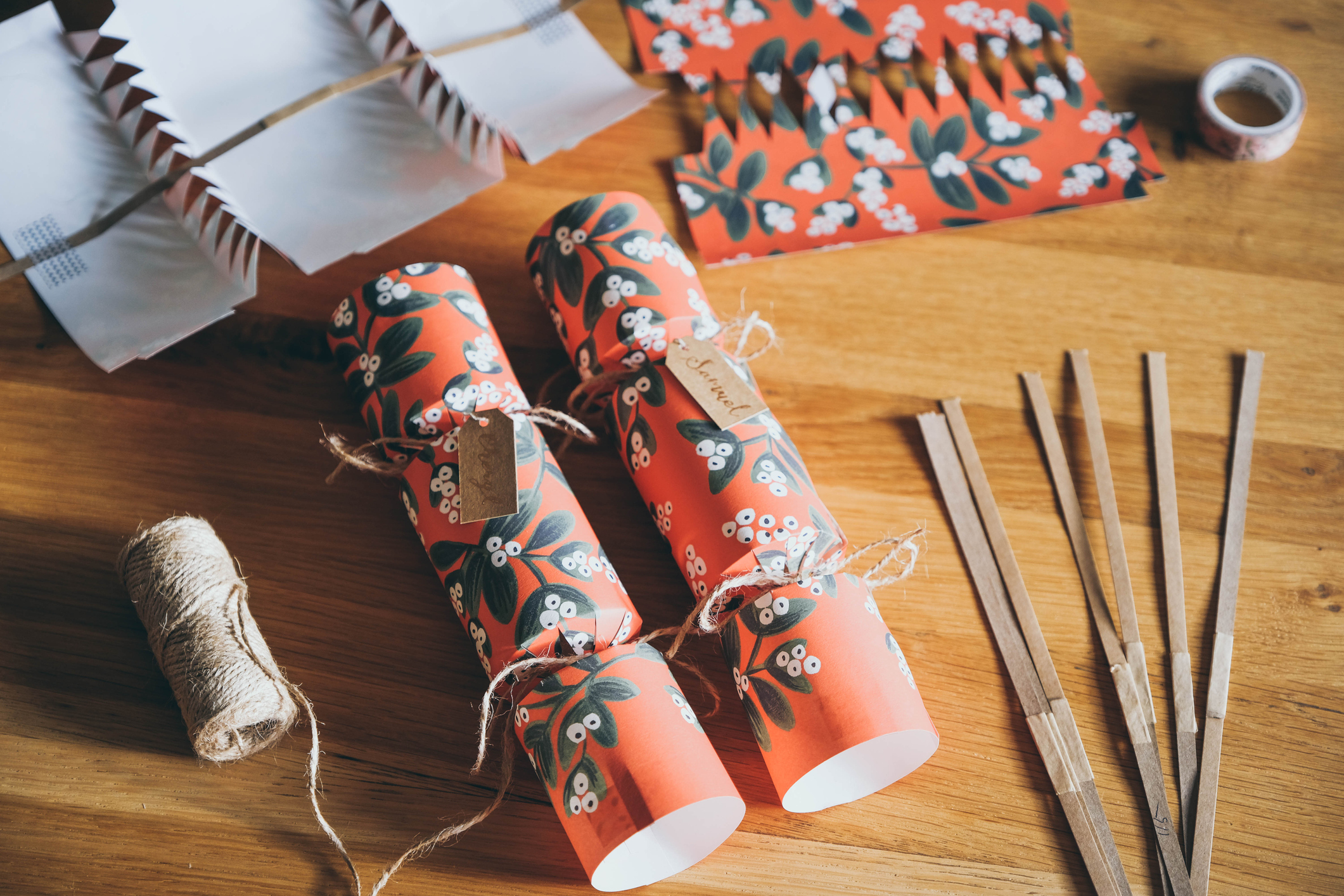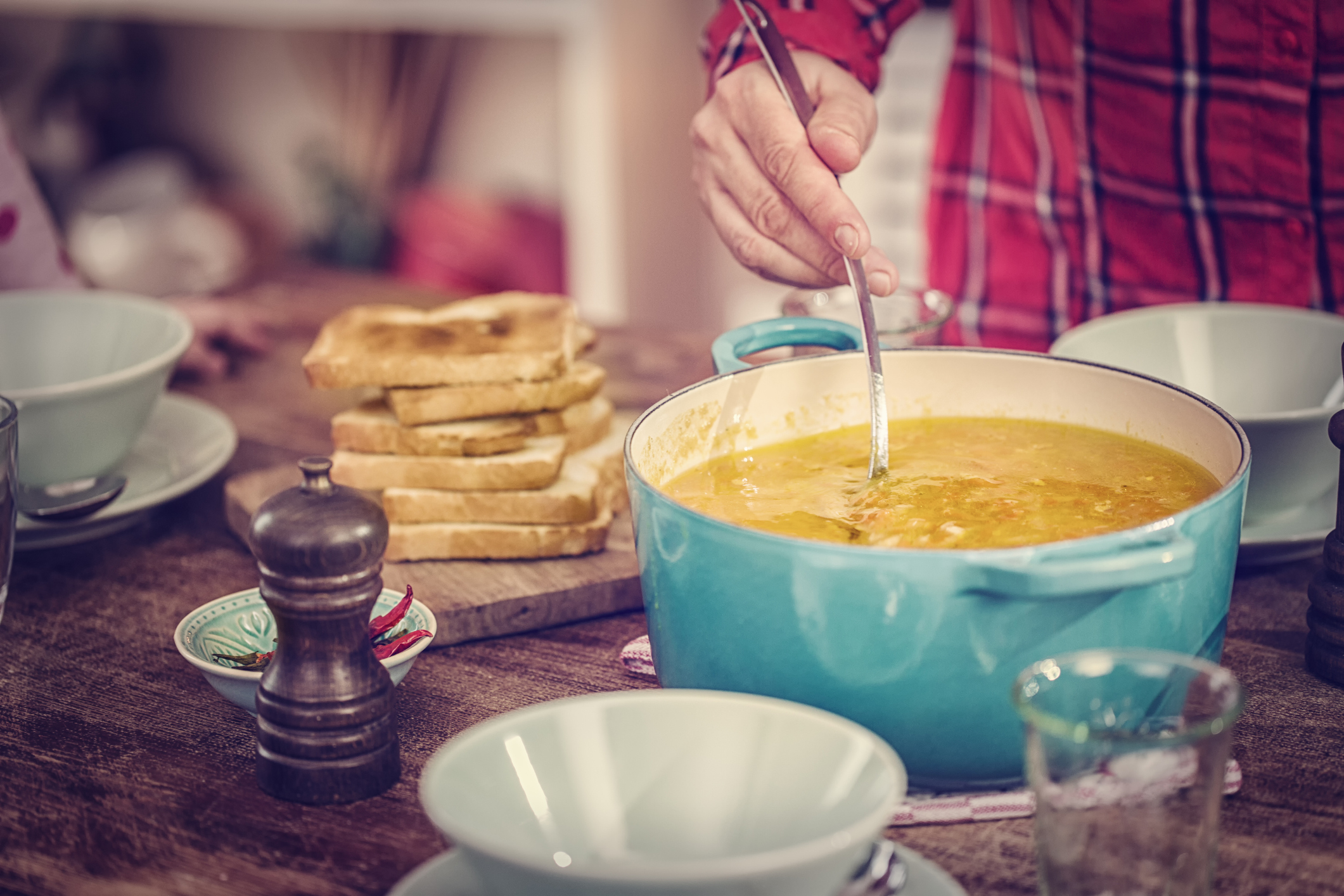As the festive season comes to a close (sob!), it’s time to think about eco-friendly ways of dealing with any Christmas-related items we no longer need.
Despite most of us doing our best to recycle what we can, we still throw away two million turkeys, one billion cards and enough wrapping paper to reach the Moon each year.
So here are some tips and reminders on what can and can’t be recycled – and some pointers on how to be more environmentally-friendly next year.
Christmas cards
If your Christmas cards are in good condition, consider reusing them for next year’s gift tags or crafting projects.
Any leftover cards can be recycled – but make sure you remove decorations like glitter or ribbons first.
Wrapping paper
Sadly not all wrapping paper can be recycled because it contains metallic or plastic elements.
A good test is to scrunch the paper – if it stays scrunched, it can be recycled. If it unfolds, it’s likely it contains materials that can’t be recycled.
If the paper can be recycled, make sure you remove any tape, ribbons or bows before adding it in your recycling bin.

Cardboard
If you did some of your Christmas shopping online, gifts were probably delivered in corrugated cardboard boxes, which will usually be recycled as part of your local authority kerbside waste collection.
Don’t forget to remove any plastic packaging and sticky tape from boxes before you add them to your recycling bin.
Christmas trees
Millions of real Christmas trees are put into landfill every year. They take many years to decompose and release methane which is harmful to the environment.
If you have a real Christmas tree to dispose of, your local council may offer a recycling service, so check their website for collection dates and drop-off points.
Trees are often turned into wood chips which are then used as mulch in parks and gardens.
You can also chop up your tree and add it to your own compost heap or garden waste bin – or take it to the garden waste section of your local recycling centre.
Unwanted artificial trees can be donated to charity or a local community group.
If your plastic tree is in such poor condition that it can’t be re-used, ask your local council for guidance on how to dispose of it.

Decorations
Consider donating unwanted decorations which are in good condition to charity or community groups.
If they’re broken or unusable, you could get creative and upcycle them into new decorations.
Unfortunately tinsel and glass/plastic baubles are usually unsuitable for recycling.
Old Christmas lights and other electronic or battery-powered decorations can be recycled at specific collection points.
Many supermarkets also have collection points for electronic waste and used batteries.
Natural materials used to make wreaths such as ivy, fir cones and holly can be added to your garden waste collection bin or taken to a recycling centre – but only if they’re not covered in glitter.
Don’t forget to remove any ribbons and plastic decorations!
Christmas crackers
Most elements of Christmas crackers can be recycled, including the cardboard tube and paper hats.
However the snaps and any plastic decorations/toys may not be suitable for recycling, so make sure you take crackers apart and dispose of each component appropriately.
There are eco-friendly crackers available, so if you find this year’s choice hard to recycle, look out for those labelled as fully recyclable next year.
Food waste
With a bit of time and effort you can get creative with food leftovers, whipping up delicious soups and other dishes that you can freeze and enjoy later.
If you still have food you won’t use, you could donate in-date items to a soup kitchen, foodbank or sharing app like Olio.
Otherwise, you could consider composting your leftovers.
Your local council may provide compostable waste collection bins or offer guidance on home composting.
Don’t forget to make a note for next year so you buy less food, saving yourself some money and creating less waste.

Unwanted gifts
If you received a present you don’t want to keep, resist the temptation to get rid of it quickly by throwing it in the bin.
Instead, keep it out of landfill by passing on your unwanted gift to someone who will appreciate it, sell or give it away online or donate it to charity.
I hope you find these tips helpful and get your new year off to a more environmentally friendly start!
Let me know if you have any tips of your own and I’ll share them on Facebook and Instagram.